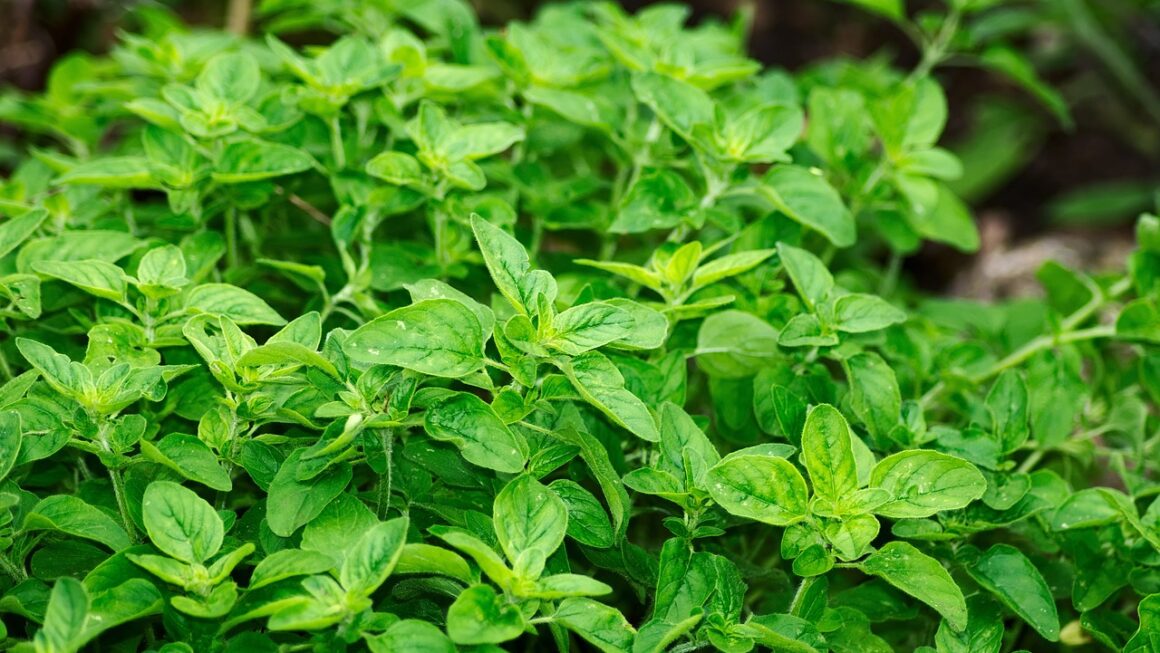Bioengineered food, also known as genetically modified organisms (GMOs), have been a topic of debate and controversy for many years. While some see the potential benefits of this technology, others are skeptical of the long-term effects on human health and the environment. However, behind the scenes, there are a group of dedicated scientists who are working tirelessly to advance this field and transform the food industry as we know it.
One such innovator is Dr. Pamela Ronald, a plant geneticist and professor at the University of California, Davis. Dr. Ronald is known for her groundbreaking research on rice genetics and her work in developing genetically engineered crops that are resistant to disease and drought. Her work has not only helped to increase crop yields and reduce the need for toxic pesticides, but also has the potential to combat food insecurity and malnutrition in developing countries.
Another leading figure in the field of bioengineered food is Dr. Jay Keasling, a synthetic biologist and professor at the University of California, Berkeley. Dr. Keasling is a pioneer in the field of metabolic engineering, using genetically modified microbes to produce biofuels and pharmaceuticals. He is also a co-founder of the company Impossible Foods, which produces plant-based meat substitutes using genetically engineered yeast to mimic the taste and texture of real meat.
Dr. Nina Federoff is another prominent scientist in the field of bioengineered food. A molecular biologist and former science advisor to the Secretary of State, Dr. Federoff has been a vocal advocate for the use of genetic engineering in agriculture. She has argued that GMOs have the potential to reduce the environmental impact of agriculture, increase crop yields, and improve food security for a growing global population.
These are just a few of the many scientists who are working to revolutionize the food industry through bioengineering. While their work is not without controversy, these innovators are driven by a desire to feed a growing global population in a sustainable and environmentally friendly way. As our world faces the challenges of climate change, dwindling natural resources, and food insecurity, the work of these scientists may hold the key to a more sustainable future for all.




